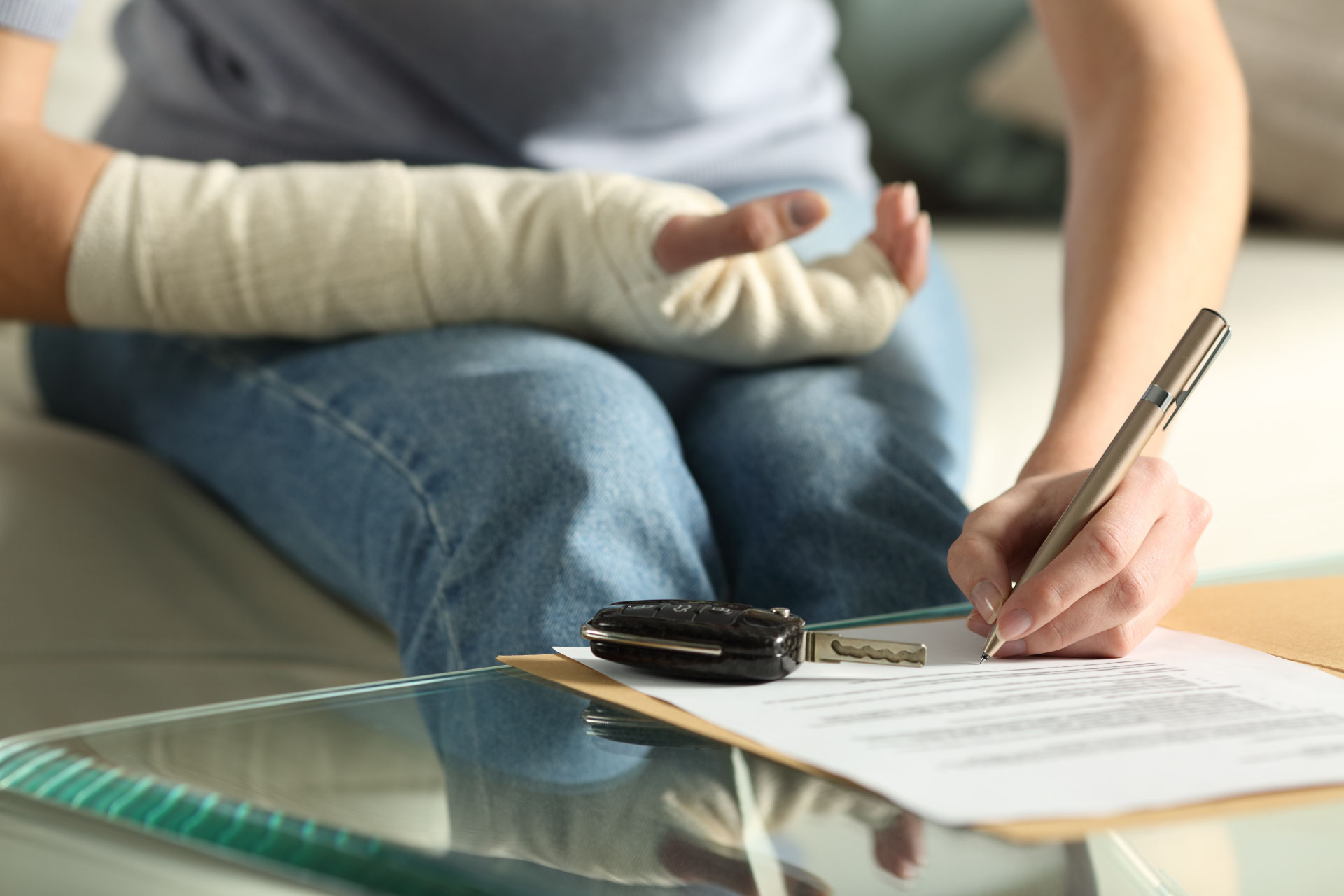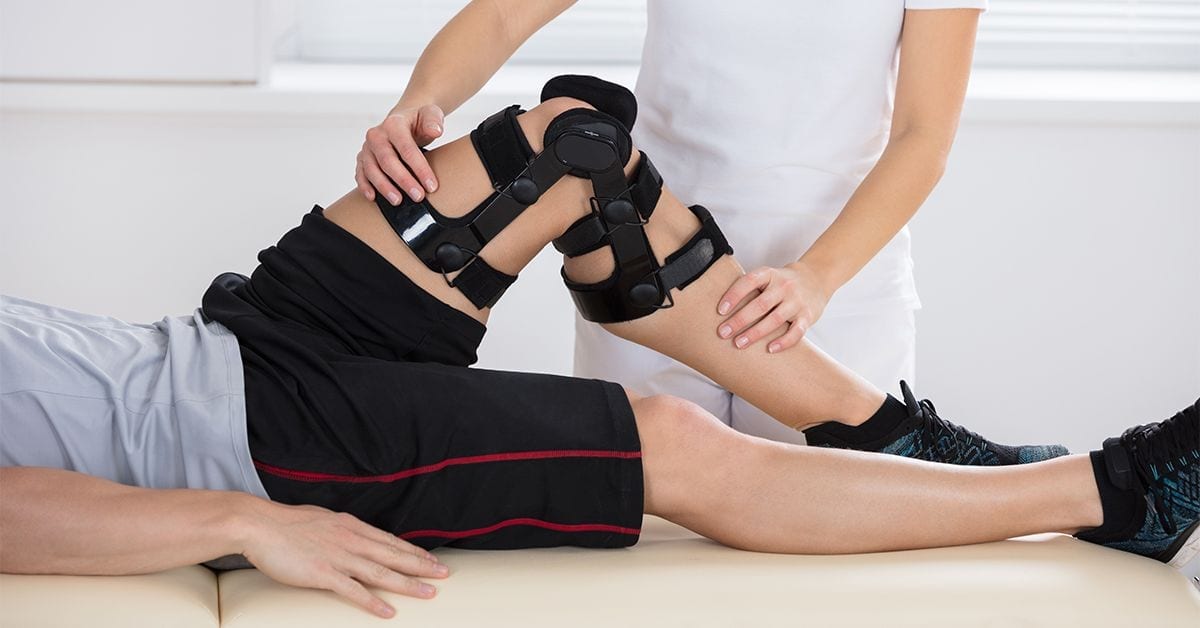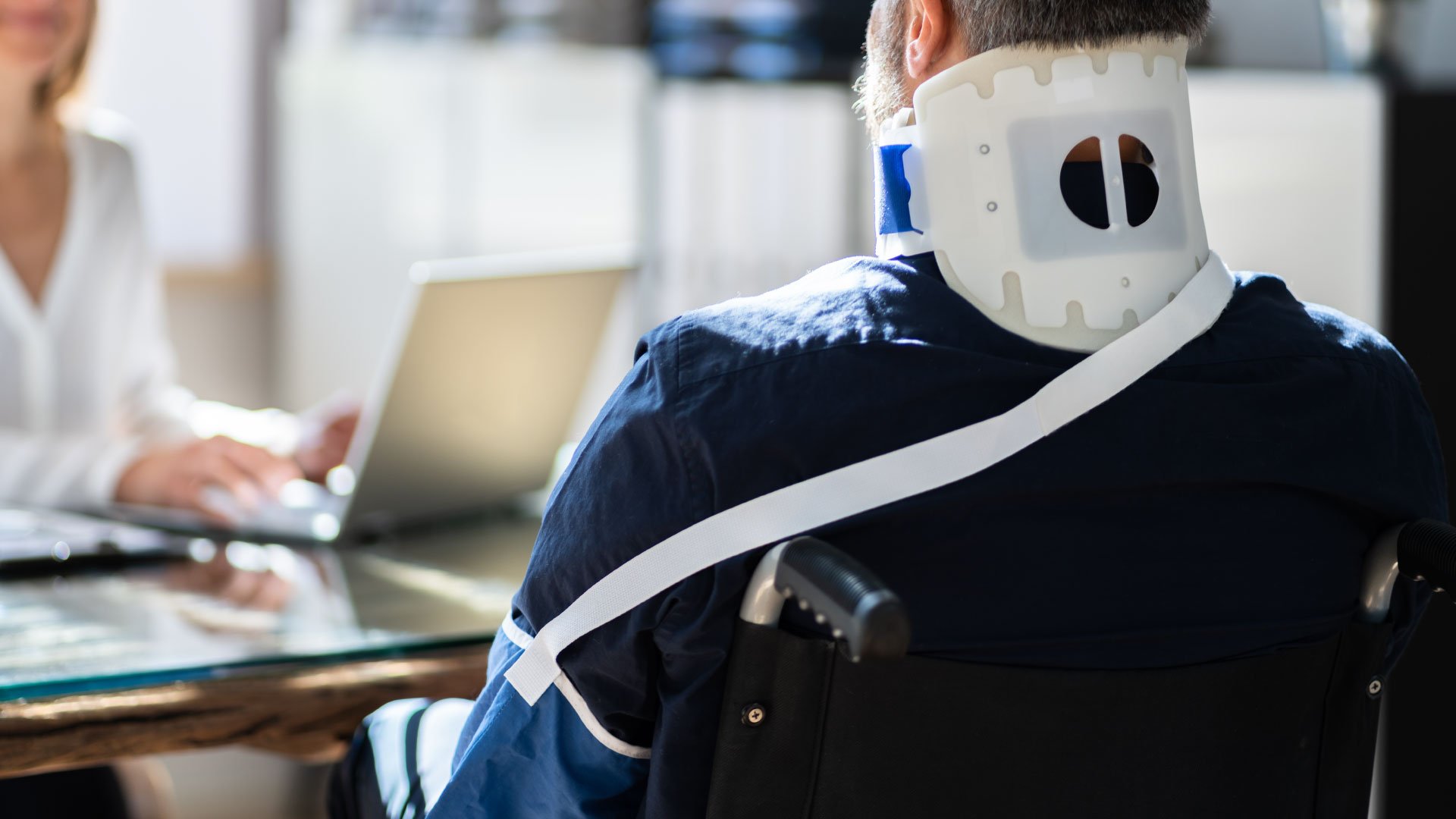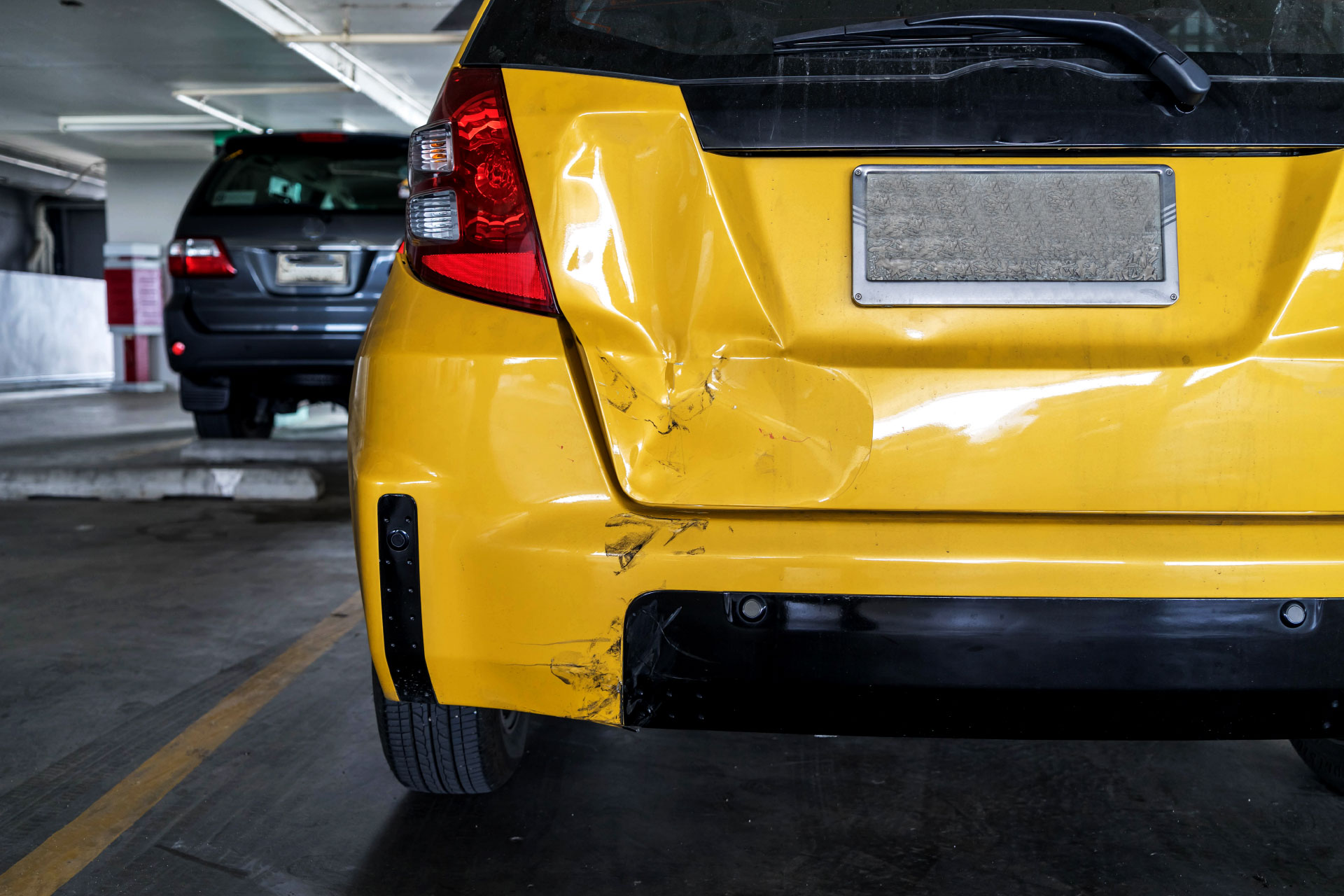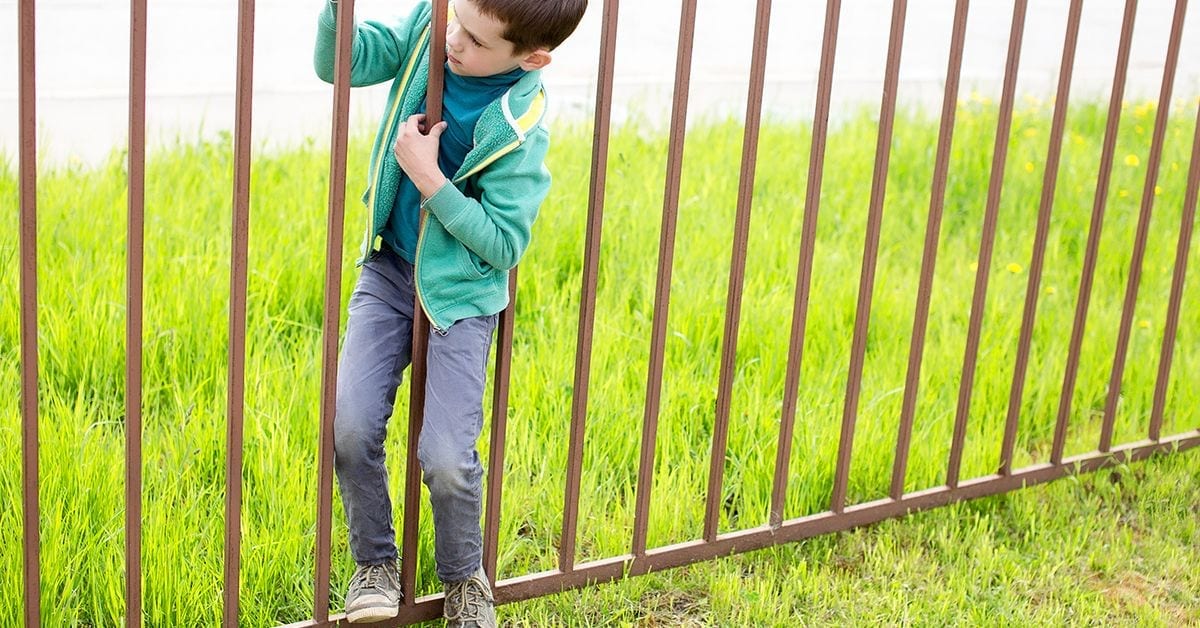Staying Off Social Media During a Personal Injury Case in Georgia and South Carolina
- Key Takeaway #1: Anything you post on social media—even with strict privacy settings—can be used by insurance companies or defense attorneys to weaken your personal injury claim.
- Key Takeaway #2: Common social media behaviors like posting photos, checking in at locations, or making positive comments can be misinterpreted and used to dispute the severity of your injuries.
- Key Takeaway #3: The best way to protect your case is to take a break from social media and work with a trusted law firm like M. Austin Jackson Injury Lawyers to safely manage your online presence.
For many drivers in Georgia and South Carolina, social media platforms are part of everyday life. We share vacation photos, celebrate milestones, and post casual updates without thinking twice. But if you’re in the middle of a personal injury case, those quick posts can do serious damage to your claim.
While your social media activity might feel personal, anything you share—even with strict privacy settings—can potentially be used as evidence in court. Insurance companies and defense attorneys actively look for ways to discredit injury claims, and your social media is often their first stop.
Understanding how your social media presence can be weaponized against you, and what you can do about it, can protect both your privacy and your legal case. Our team at M. Austin Jackson Personal Injury Lawyers is here to break down what you need to know.
How Social Media Can Damage Your Personal Injury Case
Once you’ve filed a personal injury claim, your life becomes the subject of close scrutiny. Insurance companies and their legal teams are looking for ways to minimize your payout or deny your claim altogether, and you can be sure they’ll search your own post history.
Even seemingly innocent posts can be taken out of context:
- A photo from a friend’s wedding could be used to argue you’re not in pain.
- A check-in at a local restaurant might be presented as proof that your injuries don’t impact your mobility.
- A casual status update saying “feeling better today” could be twisted to suggest your recovery is complete.
The reality is that your posts, tags, comments, and even what others share about you can all become part of the case. For that reason, our attorneys recommend setting accounts to private and taking a break from social media until your case is settled, if possible. We have seen posts negatively affect case values, even though the client did nothing but pose for a photo and smile through the pain of an accident-related injury!
How Insurance Companies Monitor Social Media
Insurance companies can hire professionals who specialize in digital surveillance. These advanced approaches can include:
- Monitoring tools that automatically flag posts by or about claimants
- Private investigators who dig through posts, photos, videos, and check-ins
- Requests for discovery that can legally compel you to hand over access to your accounts
If something online appears to contradict your statements about pain, emotional trauma, or limited mobility, it can damage your credibility and your case.
Common Social Media Mistakes That Hurt Personal Injury Claims
Here’s where most people unintentionally get into trouble. If you’re involved in a personal injury claim, these types of posts can work against you:
1. Posting Photos of Physical Activities
You might feel like showing friends and family that you’re staying active—or that you’re pushing through the pain. But a single photo of you walking the dog or lifting a child can be spun into “proof” that you’re exaggerating your injuries.
2. Check-Ins at Locations
When you check in at the gym, a concert, or even a park, you’re signaling that you’re well enough to travel, socialize, and enjoy yourself. That can be used to minimize claims of physical limitations.
3. Contradictory Statements About Well-Being
Even something as simple as posting “Had a great day!” can contradict claims of emotional distress or pain and suffering. Also, sharing a post or story where you said “I feel bad about the accident!” could be used as evidence you were at fault, even if you didn’t intend it that way. Insurance companies usually don’t consider context; they look for sound bites that serve their case.
4. Photos Showing You Smiling or Enjoying Activities
It may seem absurd, but smiling in a photo or attending a family gathering could be portrayed as evidence that your injuries aren’t affecting your life as much as you claim. Unfortunately, appearance matters in these cases, and your social media becomes part of the narrative. It’s completely natural to smile in a photo, even if you’re in significant pain. Unfortunately, all it takes is one photo where you’re smiling and immediately the narrative to a judge or jury is “here is the plaintiff, clearly pain free, enjoying time with friends and family. . .“.
What Insurance Companies Look For
Insurers are searching for anything that helps them build a case against you. That might include:
- Posts showing physical activity or travel
- Comments about the accident or legal proceedings
- Interactions with friends or family that suggest you’re doing “just fine”
- Public support statements from others that may unintentionally contradict your claims
Even if you never post about your injury, someone else might tag you in a photo or mention your situation in a way that causes trouble. That’s why total awareness is key: not just of your own activity, but of your digital footprint as a whole.
Privacy Settings Don’t Guarantee Protection
It’s smart to tighten your privacy settings during a case, but don’t rely on them to protect you completely.
Social media platforms may give you the illusion of control, but in legal proceedings, those privacy settings only go so far. Courts have ruled that social media posts, even those set to “friends only” or “private,” can be subject to discovery. In some cases, judges have ordered claimants to turn over login credentials or grant access to archived or deleted content. (Of course, there’s nuance to these rules and private posts aren’t always subject to discovery, so it’s important to discuss these rules with an experienced personal injury lawyer.)
Defense attorneys may also request screenshots, metadata, or even full account histories if they believe your posts contradict your legal claims. And if you delete or alter anything after litigation begins, that could be seen as destroying evidence, creating a whole new problem.
In short: Even when your settings are locked down, assume nothing you share is truly private, and try to take a break from posting while your case plays out. Don’t create evidence that could help the other side!
Best Practices for Social Media During Your Case
To protect your case, here’s what we recommend:
A Complete Social Media Break
If possible, deactivate your accounts while your case is pending. It’s the best way to eliminate risk and reduce the chances of your content being taken out of context.
If You Must Use Social Media
Some people need to stay online for professional reasons, or simply aren’t comfortable going silent. If that’s you, keep these guardrails in place:
- Never post about the accident, your injuries, your doctors, your attorney, or the legal process
- Avoid sharing photos, videos, or check-ins
- Don’t comment on posts about your situation
- Ask friends and family not to tag you in photos or post about your condition
- Think before you share: Would you want a judge or opposing attorney to see it?
Should You Review and Clean Up Past Posts?
While it might be tempting to immediately go through your social accounts and remove posts that could pose problems, you should think carefully before taking any action.
On the one hand, cleaning up posts that might weaken your claim can help to strengthen your case. However, depending on what stage of a lawsuit you’re at, it could be viewed as altering evidence and actually hurt your claim.
The best option is to talk to your attorney about reviewing your accounts together. At M. Austin Jackson Injury Lawyers, we routinely help clients identify risky posts before the opposing side does and guide them through the next steps they should take.
How Social Media Evidence Can Impact Different Types of Injury Claims
Social media can negatively impact nearly every kind of personal injury case—especially those that involve subjective symptoms like pain, emotional trauma, or reduced quality of life. Depending on the nature of your claim, even a simple post can weaken your case or cast doubt on your credibility.
Here’s how:
- Car Accidents: Photos of physical activity or social outings can contradict claims of ongoing pain or physical limitations.
- Slip and Falls: A smiling selfie or event check-in might be used to argue the injury didn’t significantly impact your life.
- Workplace Injuries: Posts suggesting you’re physically active or working side jobs can hurt claims about your inability to work.
- Medical Malpractice: Updates that show recovery or emotional stability may be used to dispute claims of long-term suffering or diminished capacity.
- Dog Bites or Animal Attacks: Posts that seem cheerful or unaffected may undercut claims of trauma or scarring, especially in emotional distress cases.
- Wrongful Death Claims: If you’re representing a loved one, posts that appear celebratory or upbeat can be used to minimize your emotional losses.
Each case is unique, but the risks of social media are nearly universal. When your physical or emotional well-being is under a microscope, even lighthearted posts can be misinterpreted in damaging ways.
How Our Attorneys Help Protect Clients From Social Media Pitfalls
At M. Austin Jackson Injury Lawyers, we take a proactive approach to protecting your legal rights, which includes your digital presence.
From the moment you start working with us, we’ll help you understand:
- What should and shouldn’t be posted online
- How your accounts might be monitored by insurance companies
- Why certain photos, comments, or interactions can be harmful—even when they seem harmless
We know how tempting it is to keep friends and family updated online, especially when you’re going through something difficult. But our goal is to help you avoid the traps that insurance companies are counting on.
If you’ve been injured in an accident in Georgia or South Carolina, reach out to our team. We’ll offer a friendly, no-cost consultation to help you along the right path.
M. Austin Jackson has more than a decade of experience helping his neighbors in Georgia and South Carolina receive justice and fair compensation after an injury. An Augusta native, Austin is honored to serve this wonderful community, and he prides himself on providing friendly, personal legal guidance for folks in the middle of a hard time.
